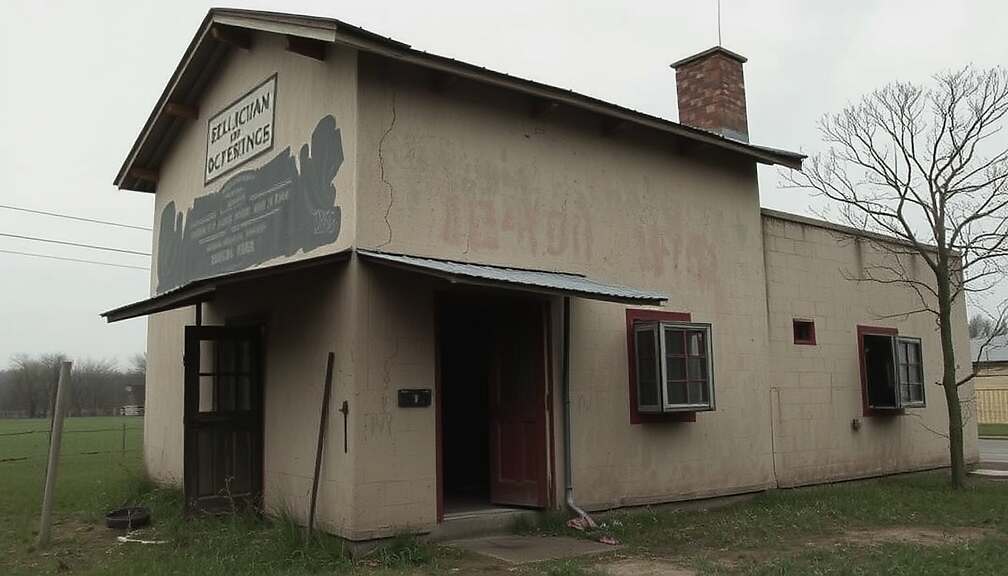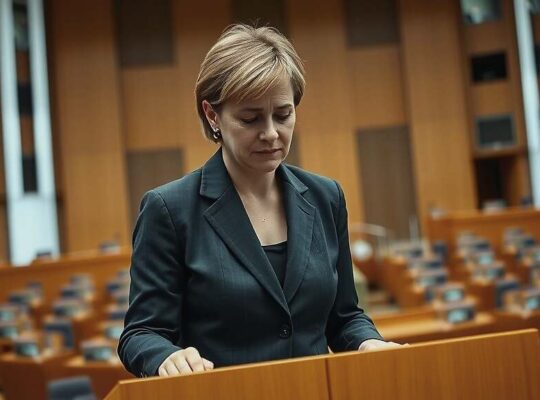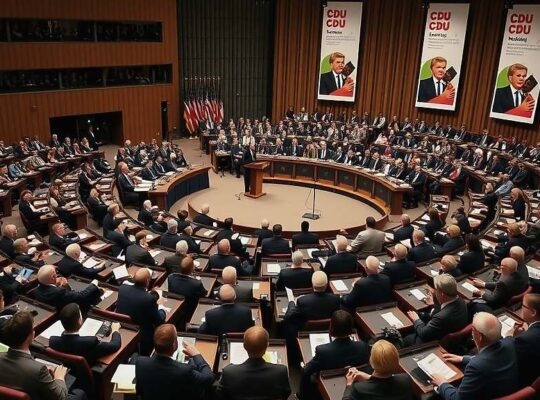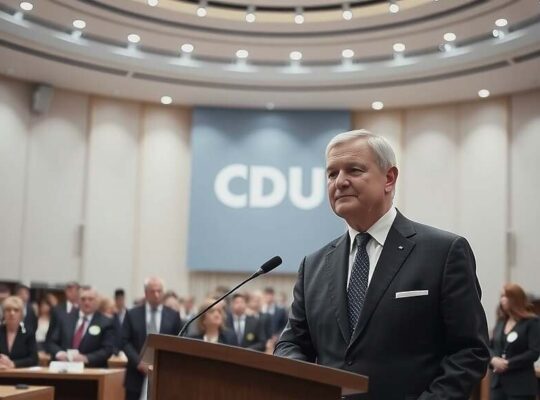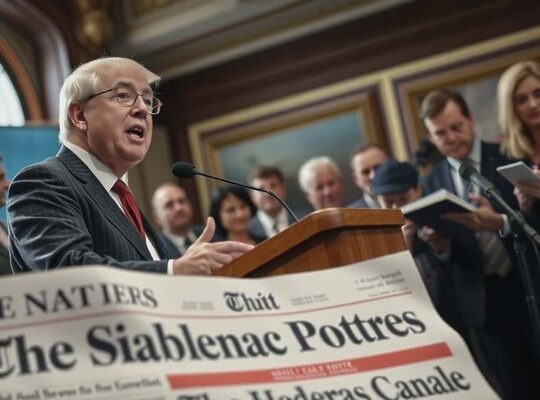As Germany approaches the Day of German Unity on October 3rd, a prominent voice within the ruling coalition is proposing a significant shift in approach to regional development. Sepp Müller, Vice-Chairman of the CDU/CSU parliamentary group, is advocating for the abolishment of the current role of Federal Government Commissioner for Eastern Germany and its replacement with a commissioner responsible for structurally weak regions nationwide.
Müller argues that the focus should broaden beyond the historical context of eastern Germany’s reunification, emphasizing the needs of rural areas and underserved communities across the entire country. Speaking to “Focus” magazine, he stated that the new role could address critical issues impacting numerous regions, potentially developing nationwide strategies for securing long-term healthcare access and improving public transportation networks.
Reflecting on 35 years since reunification, Müller acknowledged the considerable progress made in eastern Germany, highlighting the positive transformations visible in cities such as Suhl, Leipzig, Quedlinburg, Schwerin and Brandenburg an der Havel. He emphasized the importance of maintaining this momentum, preventing stagnation and ensuring continued development.
The existing role of Federal Government Commissioner for Eastern Germany is currently held by SPD politician Elisabeth Kaiser, who operates under the auspices of the Federal Ministry of Finance. Müller’s proposal, if adopted, would mark a substantial change in the government’s approach to regional development and represent a re-evaluation of the priorities surrounding the anniversary of German unity.


